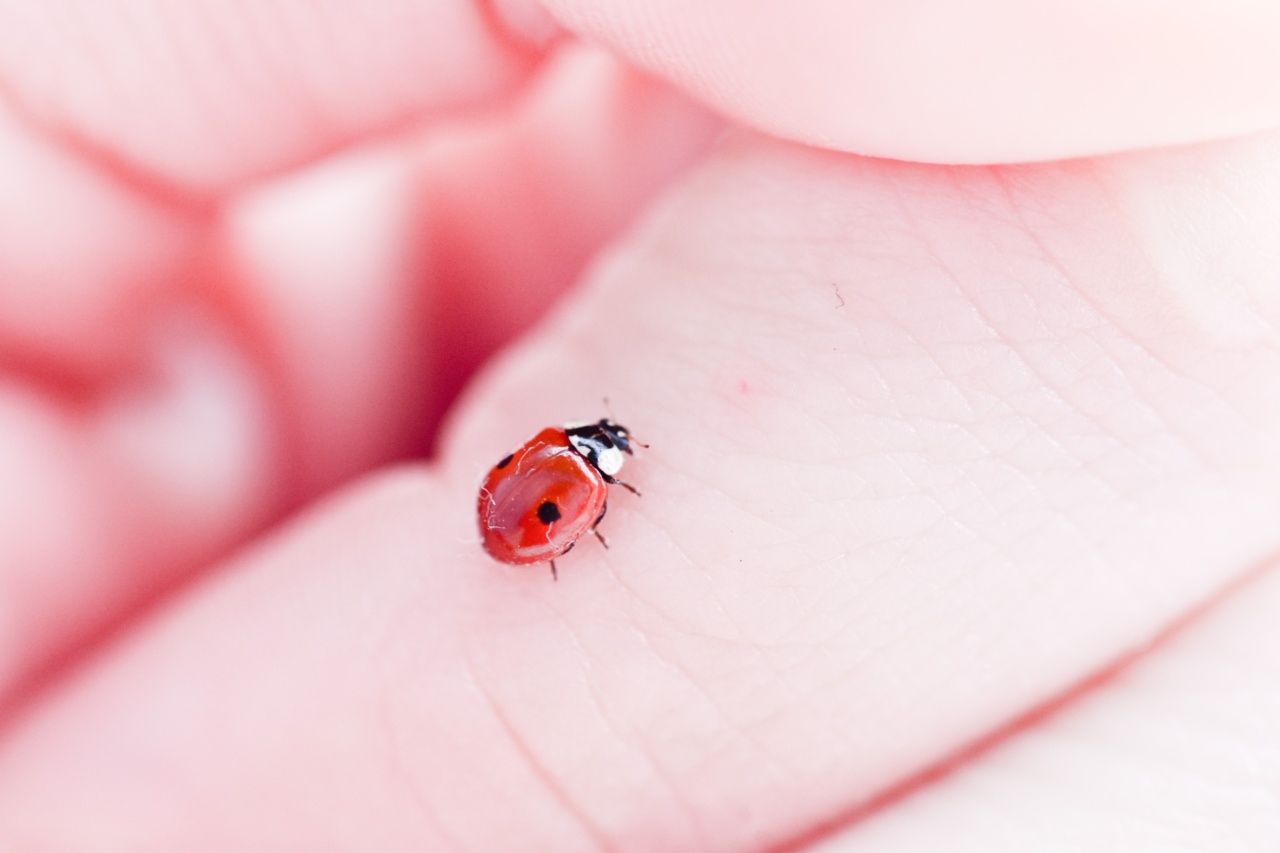Humans are home to an astonishing array of organisms that live on and within our bodies. While some can be detrimental to our health, many of these tiny creatures are essential for our well-being.
Among the most fascinating residents of the human body are the microorganisms that inhabit our skin. These organisms, collectively known as the skin microbiota, have a complex relationship with our bodies and play a crucial role in maintaining our skin’s health.
The Skin Microbiota
Our skin is the largest organ in our body, and it serves as a protective barrier against external threats. However, it is not a sterile surface. In fact, our skin is teeming with microorganisms, including bacteria, viruses, fungi, and even tiny mites.
The skin microbiota is highly diverse, with different species of microorganisms inhabiting different parts of the body.
The Composition of the Skin Microbiota
The composition of the skin microbiota can vary significantly from person to person, depending on factors such as genetics, age, sex, and environmental exposure. However, some common types of bacteria are commonly found on the skin.
For instance, Staphylococcus and Streptococcus species are prevalent bacteria that reside on our skin.
However, not all microorganisms on our skin are harmless. Some can cause infections or skin conditions such as acne, eczema, or psoriasis. The delicate balance between beneficial and harmful microorganisms determines the overall health of our skin.
The Role of the Skin Microbiota
The skin microbiota performs several vital functions that contribute to the health and well-being of our skin. One of its primary roles is providing a protective barrier.
The microorganisms on our skin outcompete potential pathogens, preventing them from colonizing and causing infections.
In addition to offering protection, the skin microbiota plays a crucial role in regulating our immune system. The presence of beneficial microorganisms stimulates the development of immune cells and helps maintain their balance.
This interaction is essential in preventing autoimmune disorders and allergies.
Furthermore, the skin microbiota aids in wound healing. Certain bacteria on our skin produce antimicrobial substances that can prevent infections and promote tissue repair.
By accelerating the healing process, these microbes contribute to the maintenance of healthy skin.
Factors Affecting the Skin Microbiota
Several factors can influence the composition and diversity of the skin microbiota. One of the primary factors is our hygiene practices.
Excessive use of disinfectants and harsh cleansers can disrupt the delicate balance of our skin microbiota, leading to imbalances and potential skin problems.
Our diet also plays a role in shaping our skin microbiota.
A healthy and balanced diet can provide the necessary nutrients for the growth of beneficial microorganisms, while a diet high in sugar and processed foods can promote the growth of harmful bacteria.
Environmental factors, such as exposure to UV radiation, pollution, and climate, can also impact the skin microbiota. For example, excessive sun exposure can alter the composition of microorganisms and lead to sunburn or other skin damage.
Maintaining a Healthy Skin Microbiota
To maintain a healthy skin microbiota, it is important to adopt certain practices that promote a balanced and diverse microbial community. Here are some tips:.
1. Gentle Cleansing
Avoid using harsh soaps or cleansers that strip away the natural oils on your skin. Opt for gentle cleansers that are pH-balanced and do not disrupt the skin microbiota.
2. Moisturize
Applying a moisturizer helps hydrate your skin and prevents dryness, which can disturb the skin microbiota. Look for moisturizers that are non-comedogenic and free from harmful chemicals.
3. Probiotics
Consuming probiotic-rich foods or taking probiotic supplements can contribute to a healthy skin microbiota. Probiotics introduce beneficial bacteria into your body, helping maintain a balanced microbial community.
4. Avoid Overuse of Antibiotics
Avoid unnecessary and excessive use of antibiotics, as they can disrupt the balance of microorganisms on your skin and lead to antibiotic resistance.
5. Sun Protection
Protect your skin from excessive sun exposure by using sunscreen and wearing protective clothing. This helps prevent sunburn and the resulting disruption of the skin microbiota.
Conclusion
The microscopic world that exists on our skin is a marvel of complexity and balance. The skin microbiota, composed of countless tiny organisms, plays a vital role in maintaining the health of our skin.
By understanding and nurturing this delicate ecosystem, we can ensure the well-being of our skin and overall health.































